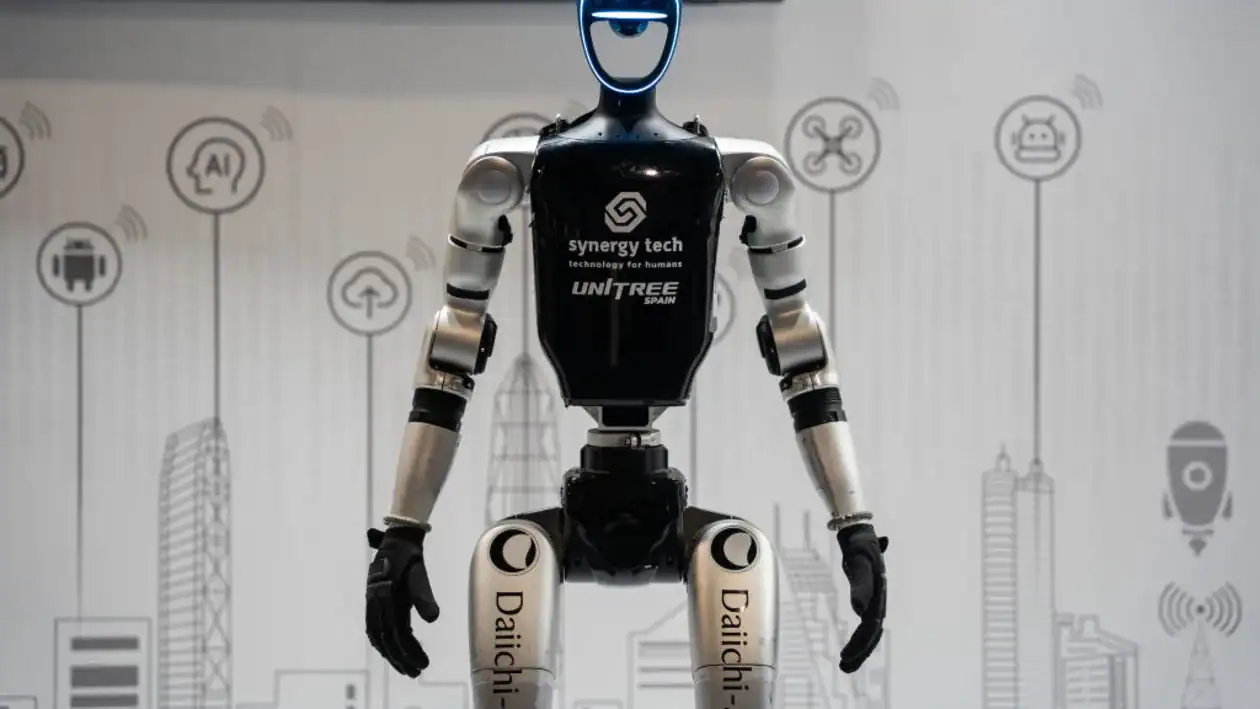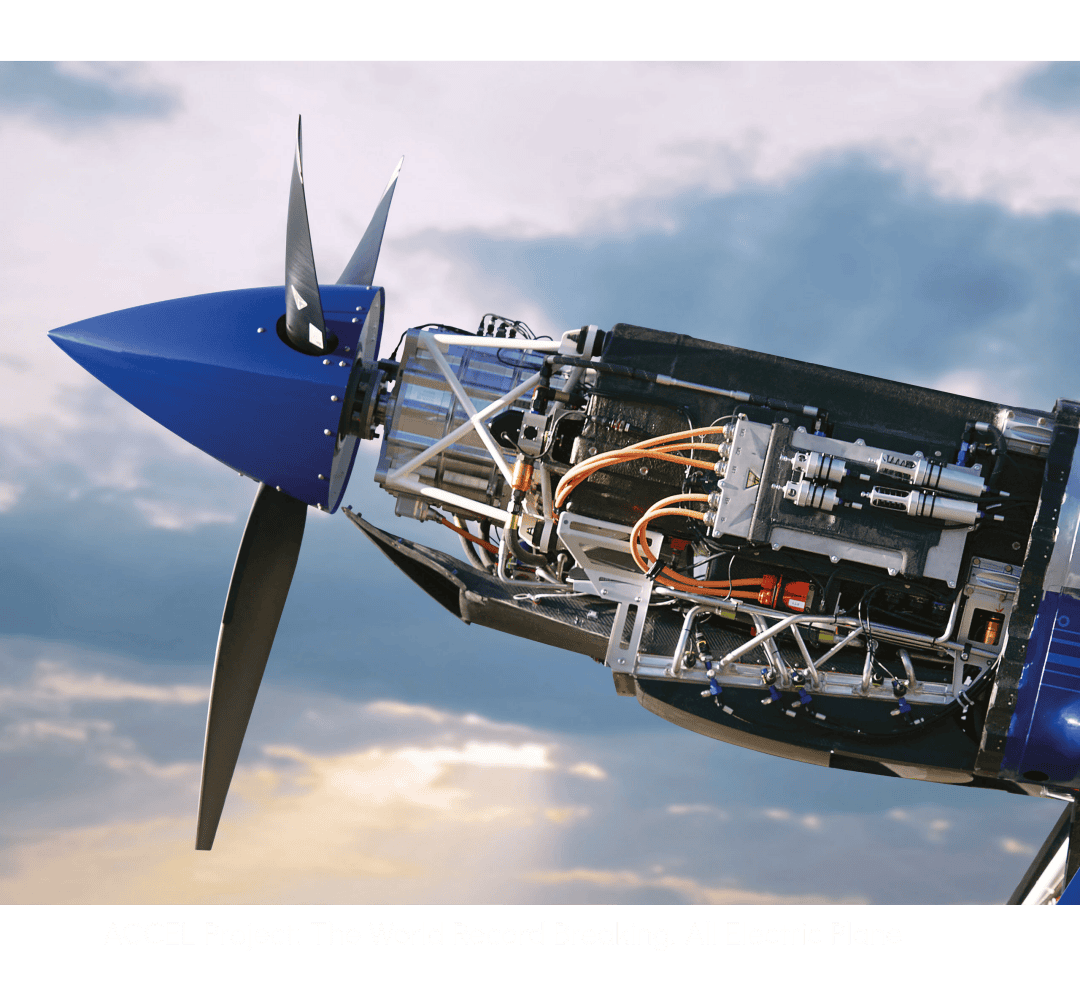CAMBRIDGE, UK – Researchers have demonstrated how carbon dioxide can be captured from industrial processes – or even directly from the air – and transformed into clean, sustainable fuels using just the energy from the Sun.
The researchers, from the University of Cambridge, developed a solar-powered reactor that converts captured CO2 and plastic waste into sustainable fuels and other valuable chemical products. In tests, CO2 was converted into syngas, a key building block for sustainable liquid fuels, and plastic bottles were converted into glycolic acid, which is widely used in the cosmetics industry.
Unlike earlier tests of their solar fuels technology, however, the team took CO2 from real-world sources – such as industrial exhaust or the air itself. The researchers were able to capture and concentrate the CO2 and convert it into sustainable fuel.
Although improvements are needed before this technology can be used at an industrial scale, the results, reported in the journal Joule, represent another important step toward the production of clean fuels to power the economy, without the need for environmentally destructive oil and gas extraction.
For several years, Professor Erwin Reisner’s research group, based in the Yusuf Hamied Department of Chemistry, has been developing sustainable, net-zero carbon fuels inspired by photosynthesis – the process by which plants convert sunlight into food – using artificial leaves. These artificial leaves convert CO2 and water into fuels using just the power of the sun.
To date, their solar-driven experiments have used pure, concentrated CO2 from a cylinder, but for the technology to be of practical use, it needs to be able to actively capture CO2 from industrial processes, or directly from the air. However, since CO2 is just one of many types of molecules in the air we breathe, making this technology selective enough to convert highly diluted CO2 is a huge technical challenge.
To read more, click on SciTechDaily






